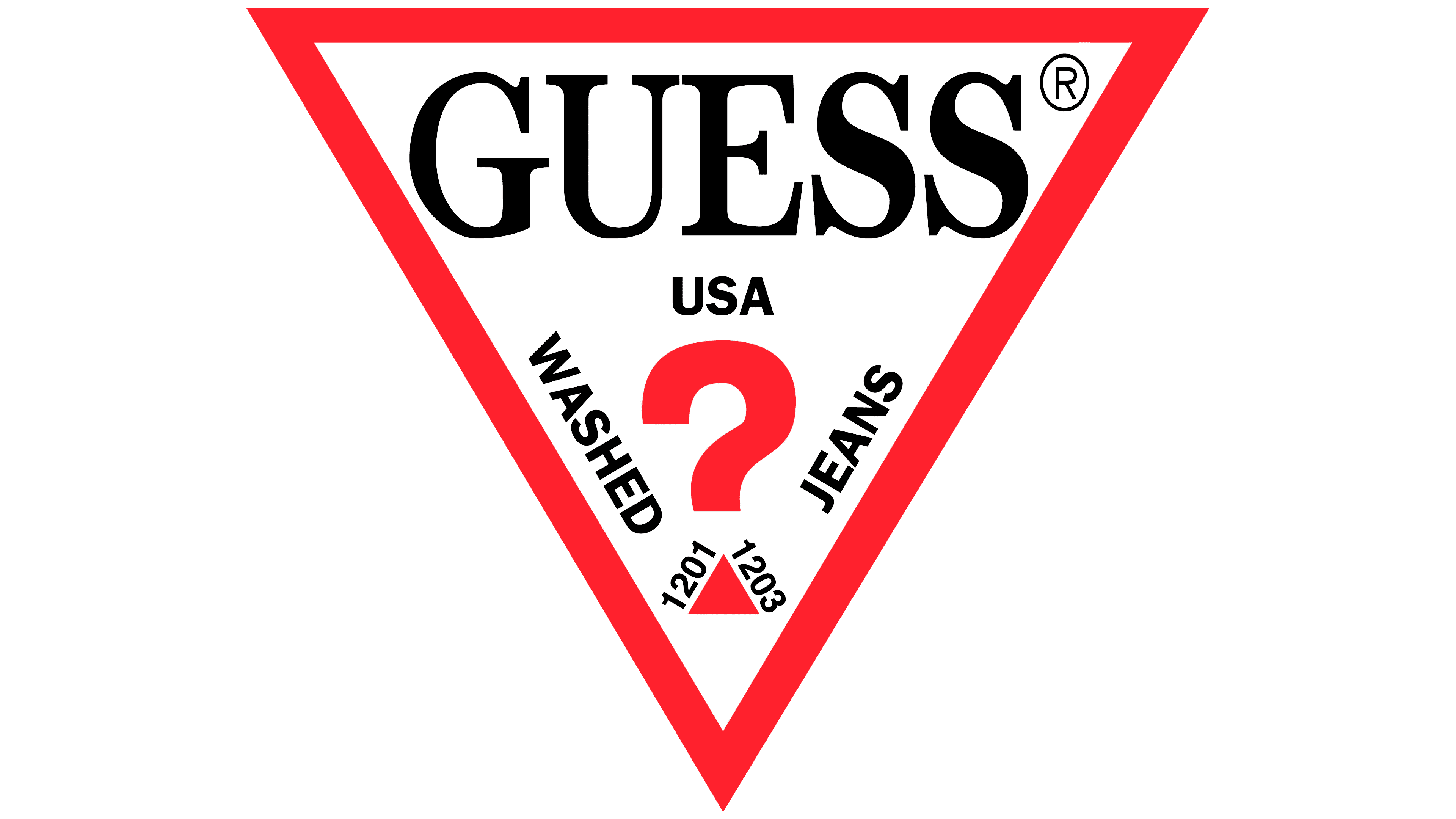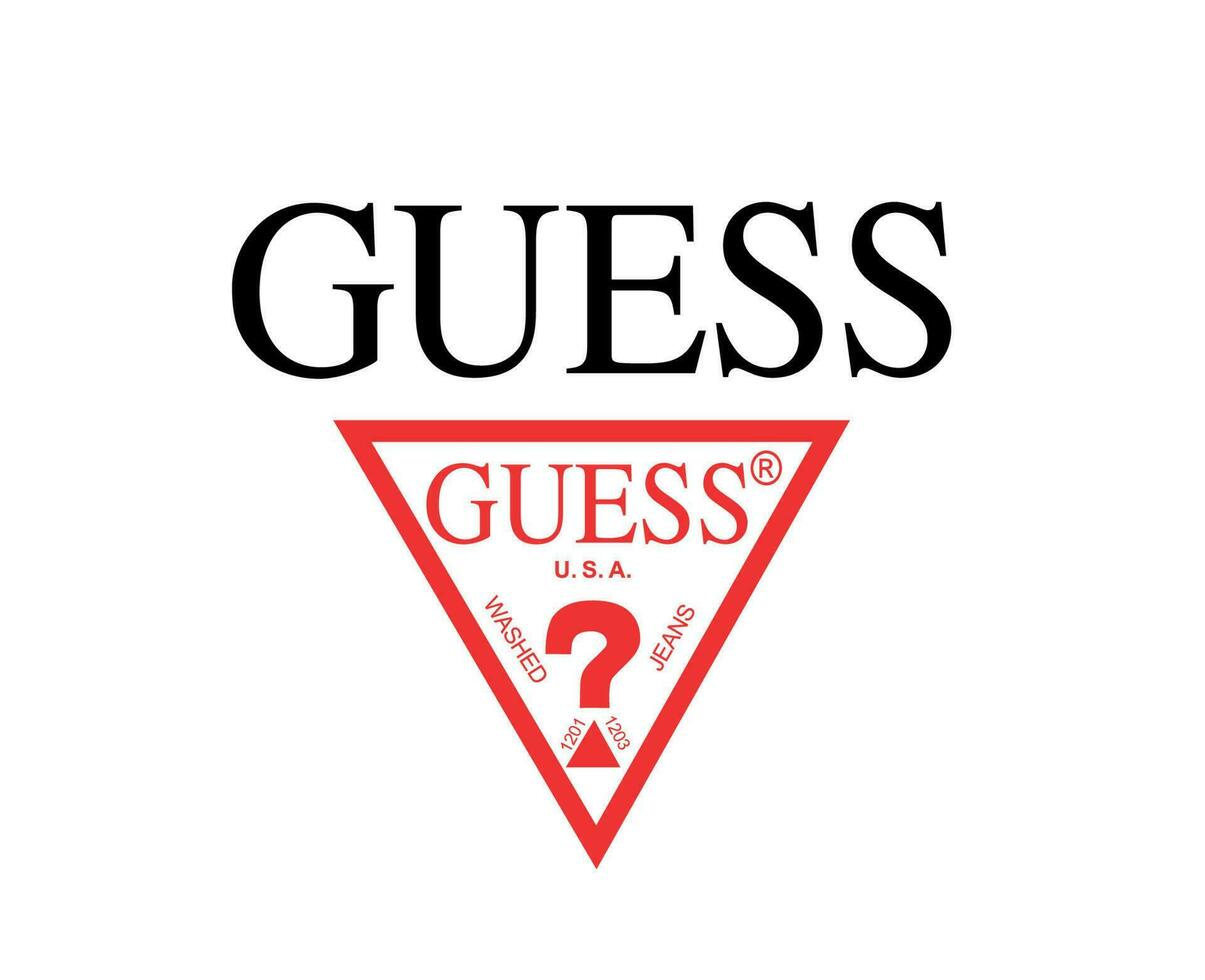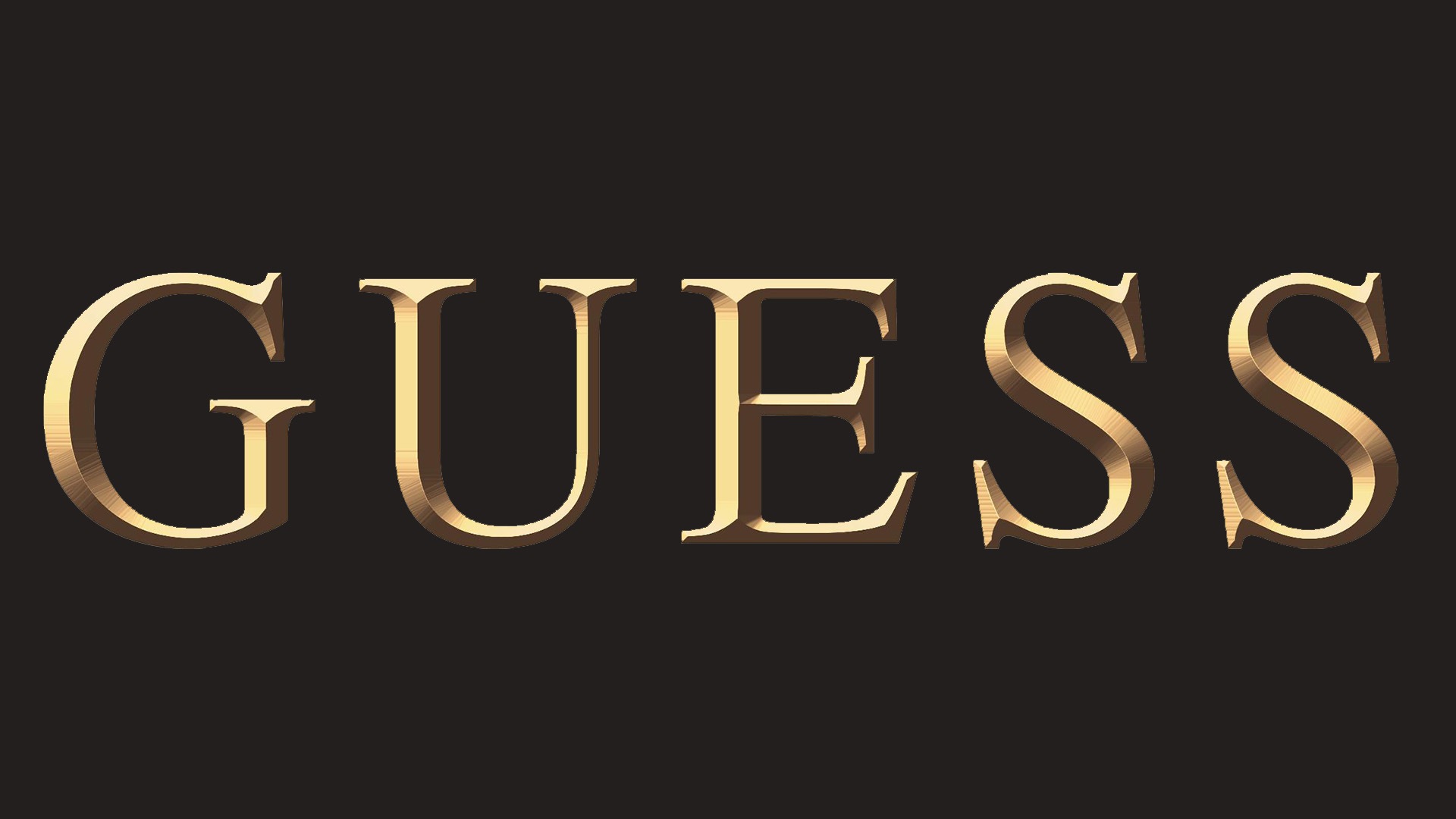Guess Vs Guess Factory
Sometimes, we find ourselves just making a quick thought about something, a casual "I guess" that pops into our heads. This is a very common part of how we think, a way of dealing with things when we don't have all the facts. It’s a simple, personal act, often about trying to figure out what might happen next or what something means. This kind of personal, spur-of-the-moment thinking stands in interesting contrast to something like the "GUESS?" brand, which, in a way, operates like a "guess factory" – a place where ideas and styles are consistently produced and presented to the world.
The difference between a fleeting personal guess and the ongoing output of a well-known brand is quite something to think about, you know. One is about individual thoughts, often uncertain, while the other is about a steady stream of creative work, building an identity that many people recognize. We might, for example, just offer a quick thought about a situation, like saying, "I guess I was wrong," which is a very human moment of self-reflection. This is far removed from the established way a company like GUESS? creates its look and feel, year after year, for a broad audience.
This article will look at these two different ideas. We will think about the quick, personal guesses we make, and then turn our attention to the GUESS? brand, considering how it acts like a kind of creative hub, or a "factory," always putting out new fashion ideas. It’s about the informal moments of trying to figure things out versus the more organized, steady creation that comes from a well-known name, so.
Table of Contents
- The Spontaneous Act of Guessing
- What Makes a Guess a Guess?
- The GUESS? Brand - A Factory of Style
- How Does a Brand Become a "Guess Factory"?
- Different Kinds of Guessing - From Personal to Political
- The Everyday "Guess" and Its Impact
- Understanding the GUESS? Brand's Influence
The Spontaneous Act of Guessing
We all have moments where we just offer a quick thought about something, don't we? It’s that feeling of not having all the facts, but still needing to say something or make a quick decision. Sometimes, it comes from a place of surprise, like when someone says, "I guess I was wrong." That little phrase, really, shows a lot about how we take in new information and change our minds. It's a very honest moment, admitting that our first idea wasn't quite right, and that's perfectly okay, I mean.
When We Just Guess
Think about those times when you're playing a game, maybe something like "Draw&Guess," and you're trying to figure out what someone is drawing. You put out a word, just a quick thought, hoping it's the right one. That's a kind of "guess" that's all about fun and trying things out. It's not about being certain, but about being part of the moment and seeing what happens. This sort of lighthearted guessing is a pretty common part of our daily interactions, helping us connect with others and just enjoy ourselves, you know.
What Makes a Guess a Guess?
So, what really makes a guess what it is? It's that moment of not knowing for sure, but still putting an idea out there. Sometimes, it’s a hopeful thought, other times it’s a reluctant one, like saying, "I guess we have to go back for another bombing run." This kind of guess comes with a sense of resignation, a feeling that something is unavoidable, even if you don't particularly want it to happen. It's a statement that shows a lack of choice, a kind of accepting what seems to be the only path left, more or less.
The Certainty in Not Having to Guess
Then there are times when we feel very sure about something, so sure that we say, "We don't have to guess when we say this wouldn't have happened if biden or harris were president, because it didn't." This isn't a guess at all; it's a statement of conviction, based on what someone believes to be clear evidence from the past. It’s about feeling certain about how things would play out under different circumstances, comparing what is happening now to what happened before. This kind of confident declaration shows a strong belief in a particular view, leaving no room for doubt, basically.
The GUESS? Brand - A Factory of Style
Now, let's turn our thoughts to the GUESS? brand. This is a very different kind of "guess" entirely. It’s not about personal uncertainty, but about a well-established name in fashion. The brand, which is known in Chinese as "盖尔斯," got its start in 1981 in America. It began with denim clothing, and that original idea of a western feel, a bit rugged and natural, has stayed with it. It’s about comfort and a sense of adventure, which is pretty cool, really.
The GUESS? Brand's Creative Factory
Over time, this "GUESS?" brand has taken in new fashion ideas, too. It’s moved from just that rough, western feel to include more fitted, appealing, and city-smart looks. So, in a way, it’s like a "factory" of ideas and styles. It keeps creating and putting out clothes that represent a certain kind of American life – one that's about being appealing, youthful, and full of good ideas. This ongoing creation of fashion, year after year, shows how a brand can constantly put out new things while still keeping its main feel, you know.
How Does a Brand Become a "Guess Factory"?
How does a clothing brand become a kind of "guess factory," a place that consistently produces a certain look and feeling? It starts with a clear idea, like GUESS? having its roots in denim and that western spirit. This initial spark helps set the tone for everything that comes after. It's about having a foundational idea that you can build upon, allowing for growth while keeping that original character. This way of starting with a strong core is pretty important for any brand that wants to last, I mean.
Building the GUESS? Identity
From that first idea, a brand like GUESS? then adds other elements, making its identity richer. The text mentions how it took in "popular elements," which means it adapted to what people liked at the time. This flexibility, combined with its original rough and natural feel, allowed it to grow and offer things that were also "fitted, appealing, and city-smart." This process of mixing old and new ideas is how a brand keeps itself fresh and interesting, always putting out new looks that still feel like "them," you know, sort of.
Different Kinds of Guessing - From Personal to Political
The idea of "guessing" isn't just about fashion or personal thoughts; it shows up in many different areas of life. Sometimes, it's about trying to figure out what's going on in the world, like when someone says they're "waaayyy behind on political news." That feeling of being out of the loop often leads to trying to piece things together, making educated thoughts about what might be happening, or why certain events are taking place. It's a very human reaction to wanting to make sense of things, even when you don't have all the pieces of the puzzle, so.
The Political Guessing Game
When we talk about big world events, like a country's air attacks or claims about nuclear sites, there's often a lot of "guessing" involved in the public conversation. People try to predict outcomes, question statements, and think about what might happen next. For example, the text mentions "So much for trump's claim that all of iran's nuclear facilities have been obliterated," followed by "I guess we have to go back for another bombing run." This shows how claims can be met with skepticism and how new information can quickly change what people thought they knew, leading to more questions and, well, more guessing, pretty much.
The Everyday "Guess" and Its Impact
Beyond big world events, the simple act of "guessing" plays a role in our everyday lives, too. It's in the small things, like figuring out where a downloaded game mod file might be on your computer, or why your drawing tablet isn't working right in a specific game. These are moments where we don't have a clear answer, so we make a quick thought, try something out, or ask for help. It's a way of trying to solve little problems that come up, just a little.
From Casual Thoughts to Deeper Reflections
Sometimes, a casual "guess" can even lead to deeper reflections. When someone says, "This guys wife voted for trump, Now hubby is sitting in a prison, about to be," followed by "I guess i was wrong," it shows a moment of personal reckoning. This kind of thought process involves trying to connect different pieces of information and then realizing that a previous assumption might have been mistaken. It’s about how our personal views can be challenged by new facts, leading to a shift in what we believe, actually.
Understanding the GUESS? Brand's Influence
The GUESS? brand, as a kind of "guess factory" for fashion, has certainly made a mark. Its beginnings in denim and that western feel gave it a solid base, but its willingness to bring in new ideas has kept it relevant. The brand's focus on being appealing, youthful, and inspiring shows how it tries to connect with people on a deeper level than just selling clothes. It’s about offering a feeling, a kind of American lifestyle, which is pretty powerful, right?

GUESS Logo, symbol, meaning, history, PNG, brand

Guess Logo Brand Symbol Design Clothes Fashion Vector Illustration

The Complete History Of Guess Guess Guess Logo Histor - vrogue.co